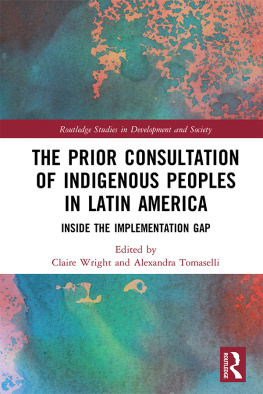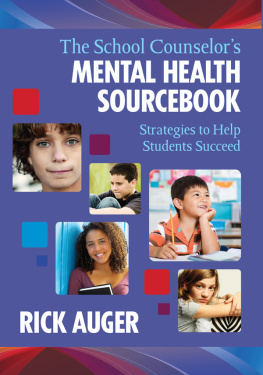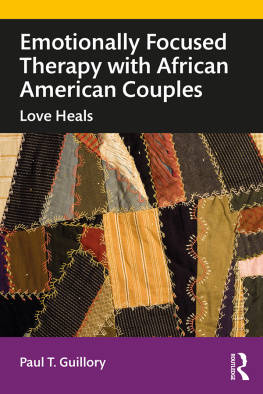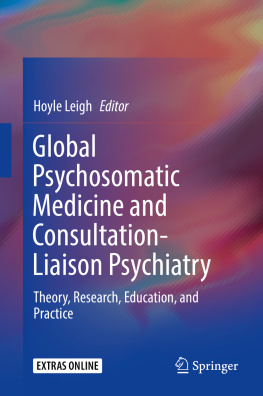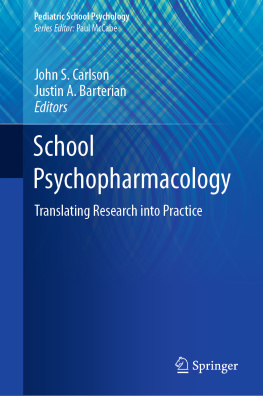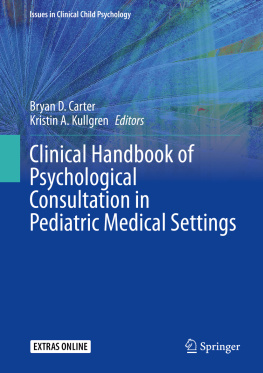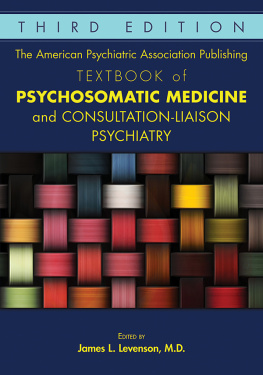Theory and Cases in School-Based Consultation
This timely second edition provides an applied perspective regarding school-based consultation, including an overview of mental health and behavioral, instructional, social cognitive, Adlerian, solution-focused, and organizational/systems consultation.
With updated empirical evidence showcasing the effectiveness of consultation, this book delivers clear procedures for establishing a consultative relationship and includes case examples of problems and critical thinking questions to facilitate discussion among students and educators regarding school-based consultation. Questions of multicultural issues responsiveness, as well as ethical and legal considerations, are raised to broaden the scope of consultation stages and processes.
To assist instructors in using this text, PowerPoint lectures and an instructors test bank are available as eResources to accompany each chapter.
Laura M. Crothers, DEd, is a professor of school psychology at Duquesne University and the Martin A. Hehir Endowed Chair for Scholarly Excellence. She also serves as the associate dean for graduate studies in research in the School of Education and studies childhood bullying.
Tammy L. Hughes, PhD, ABPP, is a professor of school psychology at Duquesne University and a fellow of the American Psychological Association. Her clinical experience includes assessment, counseling, and consultation services.
Jered B. Kolbert, PhD, is a professor of counselor education, and co-directs the Counselor Education Program at Duquesne University. He has co-authored books regarding childhood bullying and the school counseling profession.
Ara J. Schmitt, PhD, is a professor of school psychology at Duquesne University. His research interests involve the psychoeducational evaluation and evidence-based intervention of learning problems and pediatric chronic illnesses.
First published 2020
by Routledge
52 Vanderbilt Avenue, New York, NY 10017
and by Routledge
2 Park Square, Milton Park, Abingdon, Oxon, OX14 4RN
Routledge is an imprint of the Taylor & Francis Group, an informa business
2020 Taylor & Francis
The right of Laura M. Crothers, Tammy L. Hughes, Jered B. Kolbert, and Ara J. Schmitt to be identified as authors of this work has been asserted by them in accordance with sections 77 and 78 of the Copyright, Designs and Patents Act 1988.
All rights reserved. No part of this book may be reprinted or reproduced or utilised in any form or by any electronic, mechanical, or other means, now known or hereafter invented, including photocopying and recording, or in any information storage or retrieval system, without permission in writing from the publishers.
Trademark notice: Product or corporate names may be trademarks or registered trademarks, and are used only for identification and explanation without intent to infringe.
First edition published by Routledge 2008
Library of Congress Cataloging-in-Publication Data
A catalog record for this title has been requested
ISBN: 978-0-367-14061-8 (hbk)
ISBN: 978-0-367-14063-2 (pbk)
ISBN: 978-0-429-02997-4 (ebk)
Visit the eResources: www.routledge.com/9780367140632
Tables
Figures
Text Boxes
It is difficult to believe that nearly 12 years have passed since the publication of the first edition of Theory and Cases in School-Based Consultation: A Resource for School Psychologists, School Counselors, Special Educators, and Other Mental Health Professionals. In my Foreword at that time I posed two questions, both which remain valid today.
What is known about how to consult effectively in schools? Despite its overall importance and centrality to school-based service delivery, consultation may be one of the least understood modes of contemporary practice. Whereas specialists in psychology, counseling, and special education generally can rely on an established array of tools to assist with matters of assessment, treatment, staff development, etc., consultation is still cloaked largely in mystery. I say this despite believing that school-based consultations extant knowledge base is informative and reasonably well developed; the main point here, however, is that consultation remains a complicated enterprise.
For example, consultation has been depicted as both art and science, with some elusive mixture of consultant technical expertise and interpersonal finesse seen as optimal. It is tempting to accept the misguided idea that a consultant is first and foremost an expert, and consequently direct those who train consultants to emphasize the importance of technical knowledge over the skillful deployment of interpersonal communication. A school consultants understanding of curriculum design, progress monitoring methods, organizational functioning, performance feedback, child development, etc., certainly is important. However, mastery of these topics is insufficient to explain how and why, for example, within consultation a teacher may enthusiastically endorse an intervention, faithfully implement it, and successfully change a students behavior or never implement a planned intervention at all. A complex chain of events lies at the heart of school consultation and its inner workings are just beginning to be understood. Among many other factors, it would seem that a consultants use of strategic communication (including applying social influence) is critical to the success of this process.
The second question is, how does one learn how to consult effectively in schools? Providing high quality educational and psychological services in todays schools via consultation is clearly challenging, and common failings of books purporting to teach one how to consult include a lack of detailed case studies and clear emphasis on technical and communication skill development. In Theory and Cases in School-Based Consultation, by Laura M. Crothers, Tammy L. Hughes, Jered B. Kolbert, and Ara J. Schmitt directly confront these failings. In their presentation of six recognized models of consultation and several other emerging models, the authors include numerous case studies with applied exercize to reinforce basic content and support the acquisitions of consulting skills. The inclusion of case study material is significant because it is a clear way to portray the richness of the blend of technical expertise and interpersonal finesse a consultant needs to operate effectively in schools.
This revised edition of Theory and Cases in School-Based Consultation presents other notable features. For example, is a refreshing summary of key issues relevant to our contemporary world of evidence-based practice. Between these two cited chapters, there is a wealth of information pertaining to theory, research, and practice that is critical for consultants in training to understand and begin to incorporate into their daily work.
To close, an enduring lesson that mental health consultation pioneer Gerald Caplan taught us is that individuals must be specifically trained to be consultants. In other words, effective consultation involves a unique skill set that must be learned. Along these lines, Laura Crothers and her co-authors again are to be congratulated for sorting through the maze of alternatives present in the professional literature and providing a clear roadmap for beginning school consultants to follow. Readers of this second edition of Theory and Cases in School-Based Consultation


